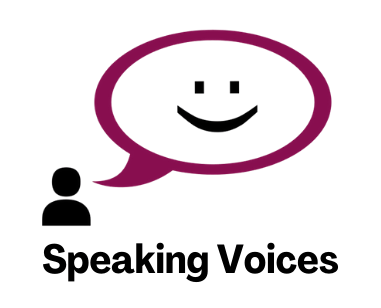Have you ever played back a voice note or phone recording and thought, “Wait, do I actually sound like that?” You’re not alone. One of the most common things I hear as a voice coach is, “I hate how I sound on the phone!”
But here’s the truth: it’s not just the audio quality, it’s you.
Well, kind of.
When we’re on the phone, recording a video, or leaving a voicemail, we often perform without even realising it. We change how we speak because the situation feels unfamiliar. We can’t see the other person’s reactions, so our brain fills in the blanks with pressure and that pressure makes our voice behave differently.
In the full video (linked below), I unpack exactly why this happens and what you can do about it. But here’s a quick breakdown of what you’ll learn:
1. You’re Not Speaking Naturally, You’re Performing
I spoke with a dancer who said her voice jumps five tones higher whenever she’s on a call. Why? Because like performing on stage, speaking on the phone feels like there’s an invisible audience—so we put on a voice. Without live feedback, we instinctively overcompensate.
2. Fear Is Running the Show
Most voice changes come down to fear. We’re afraid of sounding silly, being judged, or forgetting what to say. So we start overcorrecting:
- We sound robotic and overly formal to avoid being criticised.
- We panic if we blank out, which makes it harder to remember our words.
- We try to “sound professional” and end up sounding stiff or inauthentic.
3. You Don’t Need More Voices, You Need One
Many people bounce between a “customer service voice,” a “work voice,” and a “casual voice.” But switching constantly is exhausting. The goal isn’t to find a voice for every situation; it’s to find your voice and bring it into every space.
4. The Solution Isn’t Speaking Perfectly, It’s Speaking Comfortably
The best communicators aren’t flawless. They’re real. They speak with warmth, rhythm, and trust in themselves. That trust is key. When you feel at home in your voice, you stop performing and start connecting.
So if you’ve ever felt like your voice disappears the moment you hit “record” or say “hello” on a call, this video is for you.
🎥 Watch the full video here:

